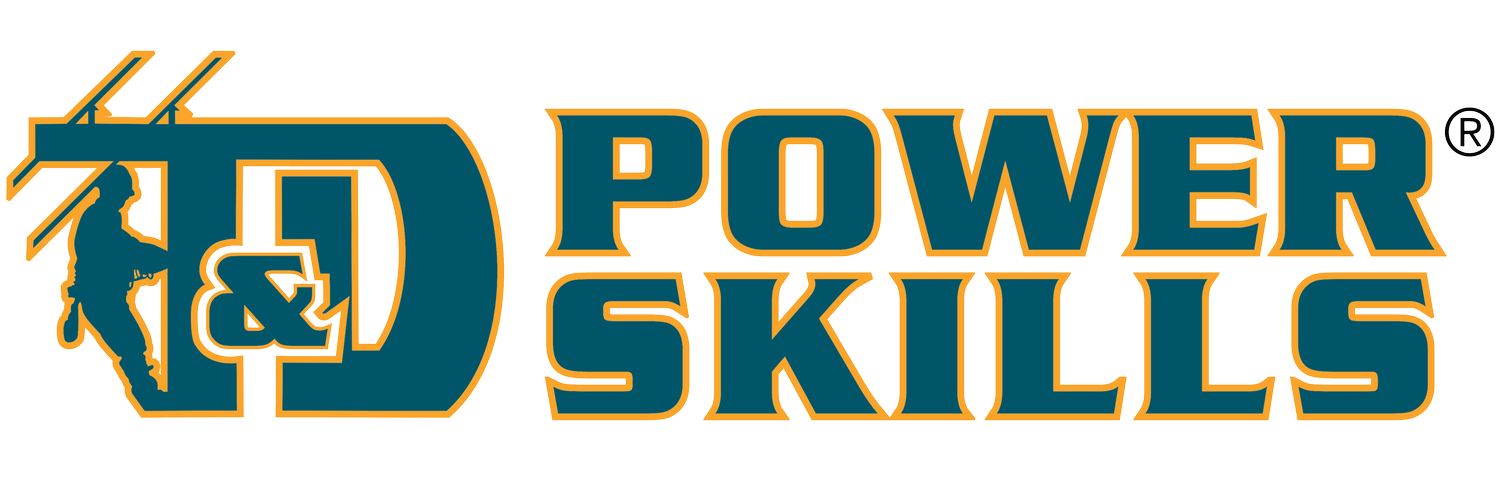Safety in Underground Line Maintenance
COURSE DESCRIPTION
This course identifies and describes three common types of underground residential distribution (URD) systems: radial feed, loop feed, and double feed systems. URD components, cables, and terminations are also introduced and discussed. This course also describes how URD cable and equipment are installed. It describes checks performed during typical URD system maintenance inspections and how the flexibility of URD systems allows various portions of a loop feed URD system to be installed without interrupting service to customers.
COURSE GOAL
To identify and describe safety hazards associated with URD line maintenance
SUBJECTS AND OBJECTIVES
Work Area Safety
Identify safety guidelines to follow before beginning work in an underground or URD work environment.
Describe methods for inspecting underground and URD work environments for physical hazards.
Tools and Test Equipment
Describe how to use the following: a pocket statiscope, a phasing tool, a remote cable spear, and a remote cable cutter.
Shoring
Identify the excavation conditions that require shoring.
Determine when different types of shoring are required.
Describe safety guidelines for shoring trenches.
Identify some safe alternatives to shoring.
Atmospheric Testing
Identify atmospheric hazards that may be found in vaults and enclosed spaces.
Describe how to use atmospheric test devices.
Explain how to use ventilation equipment to supply fresh air to an enclosed area.
Vault Emergency
Describe general safety guidelines that should be followed in the event of a vault emergency.
